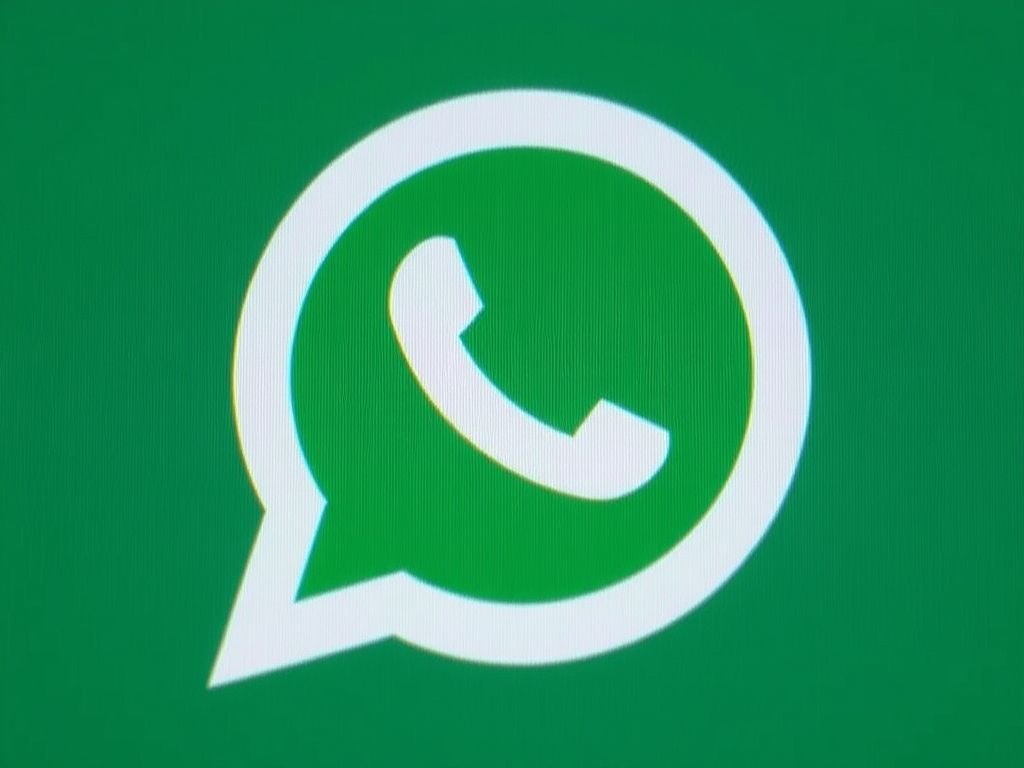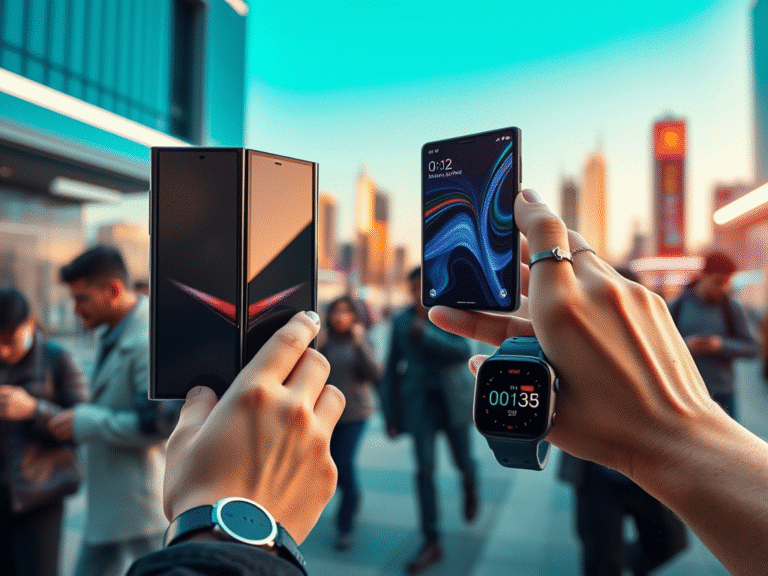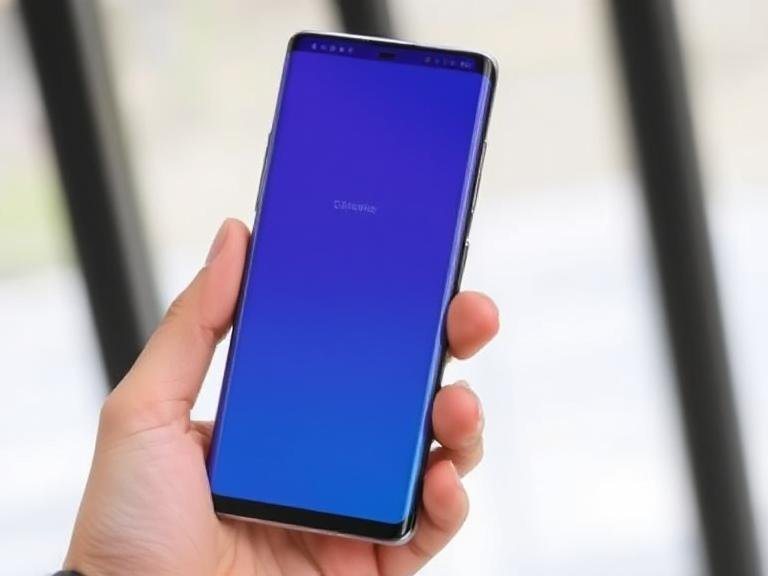
WhatsApp Rolls Out Protection Against Fake Contacts and Scam Accounts
Meta is rolling out a new feature in WhatsApp for iOS that could make it harder for scammers to fake someone’s identity: verified Instagram profile links.
Currently in development, the feature allows users to add their Instagram handle to their WhatsApp profile with a trust badge that confirms the link is authentic. This means you’ll be able to see at a glance whether the Instagram profile someone shares is truly theirs — not a lookalike account designed to mislead or scam.
The move is part of Meta’s broader push to bring the feature to both Android and iOS, though early testing is currently limited to select iOS beta users.
Why This Matters: Trust in a World of Fakes
Today, anyone can add a link to any Instagram profile in their WhatsApp bio — including links to celebrities, influencers, or public figures they don’t actually own. There’s no way to verify if that link is legitimate, leaving the door open for impersonation, phishing attempts, or social engineering.
With online scams and fake accounts on the rise, this small but meaningful update adds a layer of visual trust. If you see a verified badge next to an Instagram link in someone’s WhatsApp profile, you can be more confident it leads to their real account.
It’s especially useful for:
- Public figures managing fan interactions.
- Small business owners sharing social handles.
- Users avoiding scams from fake support accounts.
How Verification Works (and What You Need)
To use the verified link feature, users must connect their WhatsApp account to Meta’s Accounts Center — a unified dashboard that manages identity and settings across Facebook, Instagram, and WhatsApp.
Once linked, WhatsApp confirms ownership of the Instagram profile and displays a verification indicator — likely a checkmark or label — next to the profile link in the user’s info screen.
Important notes:
- Linking to Accounts Center is optional. You can still add an Instagram link without verification.
- Unverified links won’t show any badge. They’ll appear as plain text, leaving trust up to the recipient.
- For now, only Instagram is supported — but Meta may expand to Facebook or other services in the future.
A Step Forward — With Some Trade-Offs
On the surface, this is a clear win for user safety. Verified links reduce confusion and help people avoid falling for impersonation attempts.
But it also reflects a larger trend: Meta’s growing centralization of identity. To get the trust badge, you must tie your accounts together under Meta’s ecosystem. There’s no independent verification path — so if you value privacy or avoid cross-app linking, you may be left without the visual reassurance others get.
In effect, WhatsApp is creating a two-tier system:
- Verified users with badges (who use Meta’s centralized account system).
- Everyone else, whose links carry no official validation.
Over time, this could pressure more users to join the Accounts Center — not because they want to, but because they want to be seen as trustworthy.
What’s Next?
The feature is still in early development and hasn’t rolled out to most beta testers yet. There’s no official release date, but a wider beta test is expected before the update reaches the stable version of WhatsApp.
According to WABetaInfo, which first spotted the change, Meta is focusing on Instagram integration for now — but future support for Facebook profiles or even custom links isn’t off the table.
Final Thoughts
Adding verified profile links to WhatsApp may seem like a small update, but it addresses a real problem: digital impersonation in private conversations. When someone shares a link to an Instagram account, you should be able to trust it — especially if it’s tied to a business, public role, or personal brand.
By borrowing the concept of verification from Instagram and Facebook, Meta is bringing more consistency across its apps. But it also reinforces the idea that trust on its platforms comes at the cost of deeper integration — a trade-off users will increasingly have to consider.





